Filter by
SubjectRequired
LanguageRequired
The language used throughout the course, in both instruction and assessments.
Learning ProductRequired
LevelRequired
DurationRequired
SkillsRequired
SubtitlesRequired
EducatorRequired
Explore the Rapid Prototyping Course Catalog
 Status: New
Status: NewSkills you'll gain: User Experience Design, User Experience, User Interface and User Experience (UI/UX) Design, User Centered Design, UI/UX Research, Storytelling, Usability Testing, Technical Design, Prototyping, Mockups, Wireframing
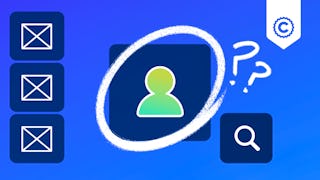 Status: New
Status: NewSkills you'll gain: User Experience Design, User Flows, Figma (Design Software), Usability, User Interface (UI), User Centered Design, Wireframing, User Research

University of Colorado Boulder
Skills you'll gain: Real-Time Operating Systems, Power Electronics, Machine Learning Algorithms, Embedded Systems, Engineering Documentation, Product Development, Product Planning, Internet Of Things, Control Systems, User Experience, Data Analysis, Debugging, General Networking, Usability, User Interface (UI), Telecommunications, Data Processing, Process Control, Machine Controls, Embedded Software
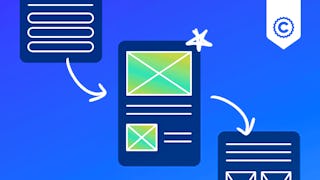 Status: New
Status: NewSkills you'll gain: User Experience Design, User Centered Design, Prototyping, Wireframing, User Research, Design Thinking, Collaborative Software
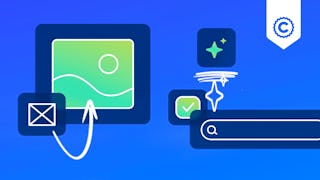 Status: New
Status: NewSkills you'll gain: Usability Testing, Usability, Figma (Design Software), User Experience Design, User Centered Design, UI/UX Research, User Research, Prototyping, Test Planning
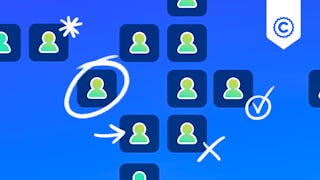 Status: New
Status: NewSkills you'll gain: Usability Testing, Software Design Documents, User Experience Design, User Centered Design, UI/UX Research, Prototyping, Test Planning, Design Software
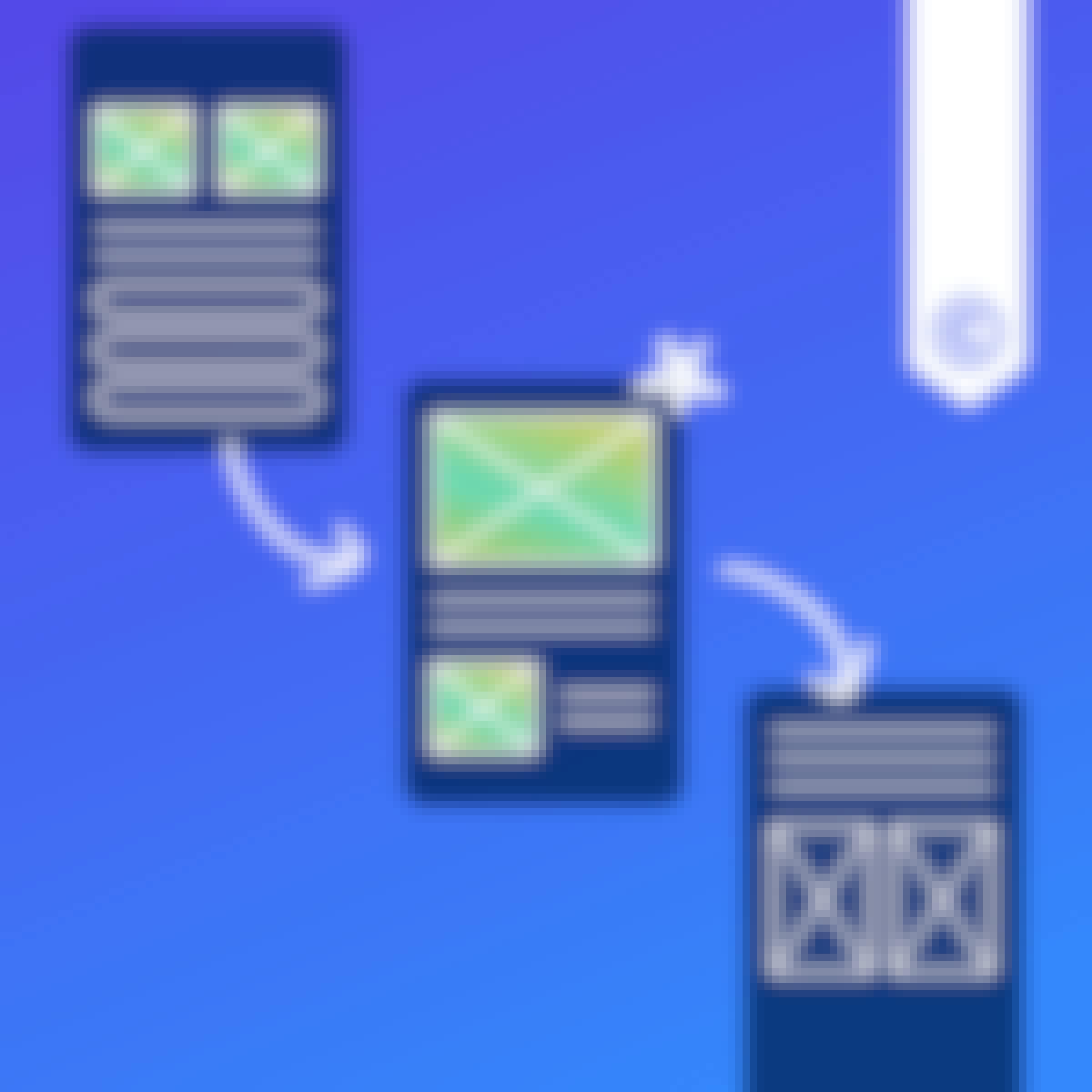 Status: New
Status: NewSkills you'll gain: User Experience Design, User Flows, Wireframing, User Centered Design, User Interface and User Experience (UI/UX) Design, Mockups, Usability, Prototyping, Design Software
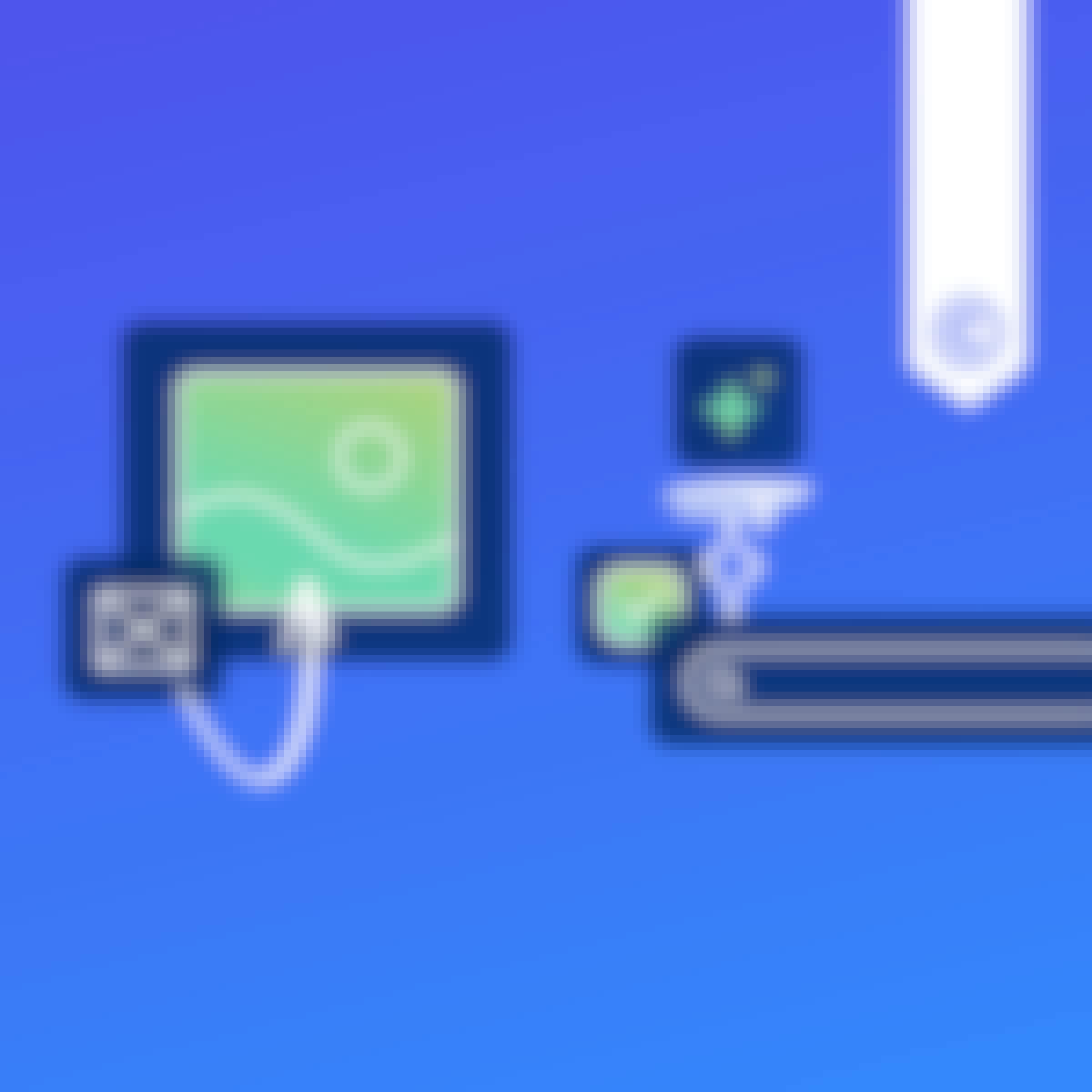 Status: New
Status: NewSkills you'll gain: Figma (Design Software), Software Design Documents, Technical Documentation, User Interface and User Experience (UI/UX) Design, Software Design, Prototyping, Technical Communication, Style Guides, UI Components

Universidad de los Andes
Skills you'll gain: Technology Strategies, Engineering Management, Organizational Strategy, Business Modeling, Project Management, Prototyping, Project Management Life Cycle, Project Management Institute (PMI) Methodology, Stakeholder Management, Feasibility Studies, Team Oriented, Value Propositions, Financial Statements, Product Management, Systems Thinking, Asset Management, Agile Methodology, Project Risk Management, Corporate Sustainability, Operations Research
 Status: New
Status: NewSkills you'll gain: Persona (User Experience), Figma (Design Software), User Research, User Experience Design, User Centered Design, UI/UX Strategy, User Flows, Collaborative Software, Customer Insights
Rapid Prototyping learners also search
In summary, here are 10 of our most popular rapid prototyping courses
- Portfolio Power: Compelling UX Case Studies in Sketch: Coursera
- Flow Forward: Mastering User Journeys & Wireframing in Figma: Coursera
- Industrial Internet of Things Graduate Certificate: University of Colorado Boulder
- Experience Essentials: Unlocking the UX Process with Miro: Coursera
- Test, Learn, Evolve: Usability Testing in Figma: Coursera
- Validate & Elevate: Usability Testing in Sketch: Coursera
- Blueprint the Experience: User Flows in Miro: Coursera
- Handshake Ready: Design Specs & Handoff in Figma: Coursera
- Maestría en Gerencia de la Ingeniería: Universidad de los Andes
- Mapping the Mission: User Personas & Journey Design in Figma: Coursera










